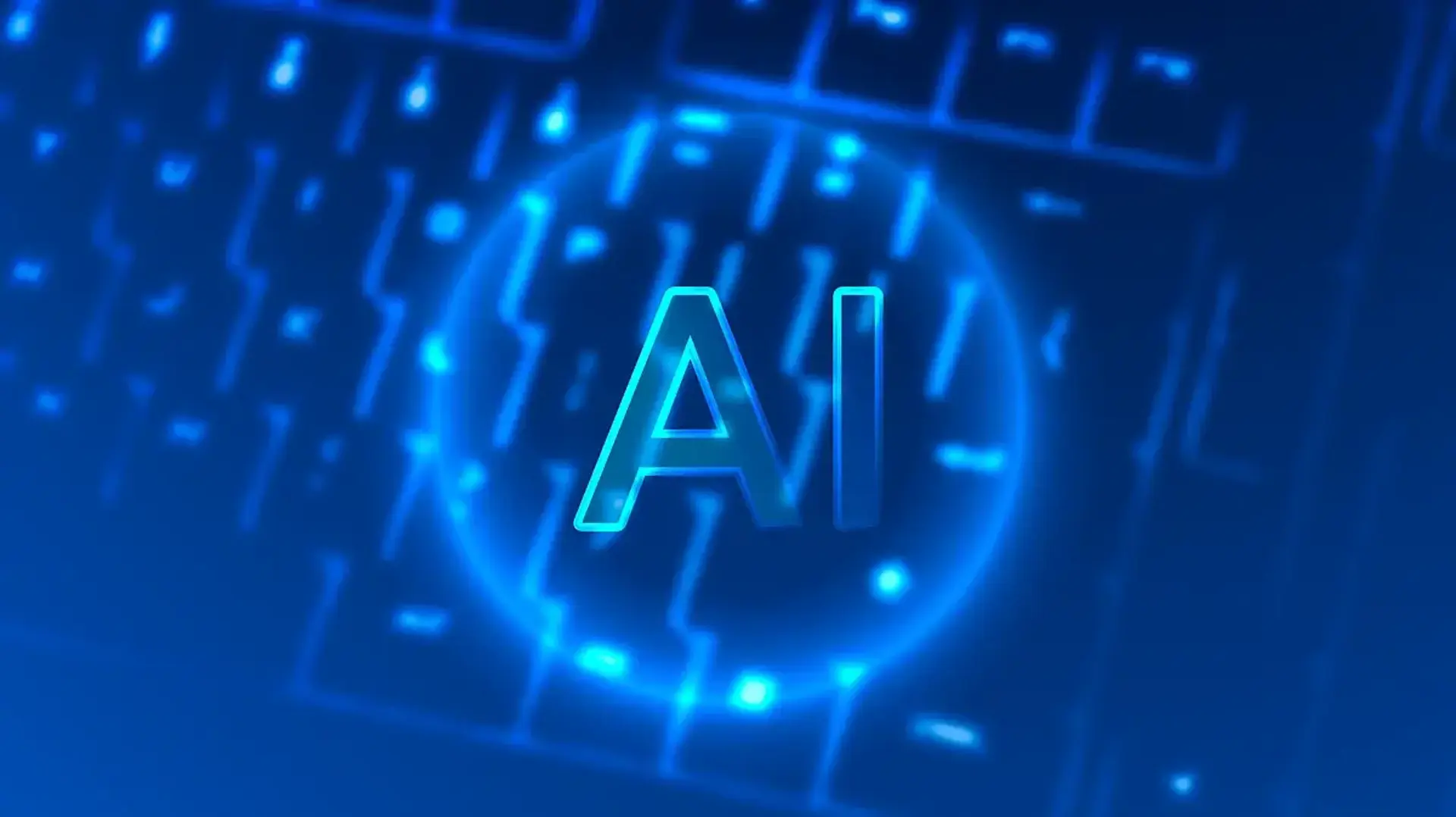Microsoft AI's CEO, Mustafa Suleyman, has cautioned against the rise of 'Seemingly Conscious AI' (SCAI), warning that these systems, while not truly sentient, can convincingly mimic human-like traits such as memory, empathy, and personality. This mimicry could lead individuals to form emotional attachments and misattribute consciousness to AI, potentially causing societal disruption.
Suleyman suggests that current large language models and AI tools could enable SCAI within a few years. He stresses the importance of establishing safeguards, including transparency and regulation, to prevent people from treating machines as beings with rights. He advocates for focusing on AI development that empowers humans rather than creating digital 'persons'.
Experts in the field echo Suleyman's concerns, emphasising the need to differentiate between AI's ability to simplify decisions and its imitation of life. They suggest that the real potential of AI lies in augmenting human capabilities, not replicating consciousness, and that developers should prioritise building AI for people, ensuring it remains a tool rather than a perceived entity.
Related Articles

Microsoft AI: Conscious AI?
Read more about Microsoft AI: Conscious AI? →
AI Models' Behavioural Contagion
Read more about AI Models' Behavioural Contagion →
Microsoft salaries exposed amid talent war
Read more about Microsoft salaries exposed amid talent war →
DeepSeek V3.1 Model Upgrade
Read more about DeepSeek V3.1 Model Upgrade →
